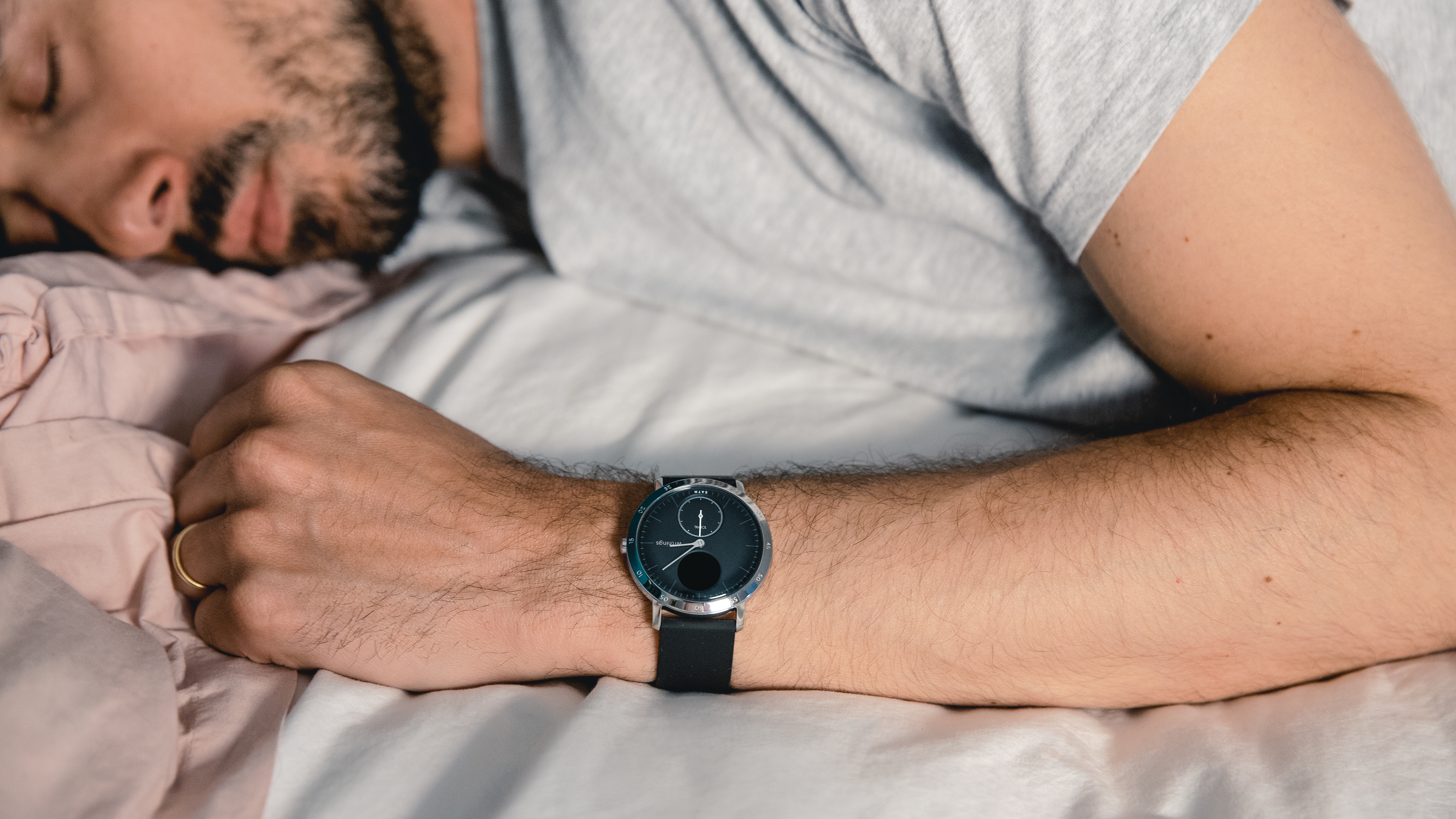
Can you get too much of a good thing? Explore the science of oversleeping, as well as the potential health implications, right here.
You know all about the dangers of sleeping too little, but what about the dangers of sleeping too much? The field of sleep science is expanding at a rapid rate, and new evidence is coming to light showing that oversleeping could be linked to a variety of health problems. Confused? You’re not alone. Read on to find out more about the bad things that could happen if you hit the snooze button one too many times.
How much sleep do adults need?
Sleep is a priority. It’s not just the thing you have to do after everything else on your schedule is done and dusted. According to the Sleep Foundation, the sleep time recommendation for adults (18–64) is 7–9 hours. Of course, every human is different. Some people will wake up after 7 hours feeling refreshed and fully rested, while others might need an extra hour in bed. Regardless, anything up to 9 hours is generally considered to be healthy, while more than 9 hours may be considered excessive.
What’s wrong with sleeping too much?
According to research by Professor Franco Cappuccio, President of the British and Irish Hypertension Society, people who fall outside the recommended sleep times have much higher mortality rates than those who don’t. His research shows that people who sleep for less than 7 hours a night may have a 12% greater risk of dying, while those who sleep for longer than 8 or 9 hours a night may have a 30% greater risk of dying. Yikes! That’s equivalent to the increased risk of drinking several units of alcohol every day—not something to be taken lightly.
This increased risk of mortality is pretty frightening, but the health implications of oversleeping don’t end there. Sleeping too much has also been linked to a variety of cognitive issues, including depression and mental health, with studies showing that around 15% of people with depression claim that they sleep too much.
There may also be an increased risk of diabetes. Why? It comes down to your blood sugar levels. Sleeping too much may raise your blood sugar (too many sweet dreams!), which in turn may increase your risk of developing type 2 diabetes. According to one study, people with excessively long or short sleep durations were more likely to develop diabetes in the future.
An increased risk of developing heart disease may be one of the most serious health implications of sleeping too much. Researchers aren’t totally sure about the biological mechanism linking oversleeping to heart disease, but some of the results we’ve seen from recent studies are shocking. Analysis from one study showed that women who slept between 9–11 hours per night were 38% more likely to develop coronary heart disease.
There’s also the possibility of sleeping too much leading to weight gain. According to a 2008 study, long sleepers were 21% more likely than normal sleepers to become obese, while both short and long sleepers gained more weight than normal sleepers over the 6 years that the study was conducted.
In addition, sleeping too much has also been tied to physical side effects like inflammation, back pain, and headaches. Noticed any of these symptoms and think you may be catching a few too many Zzz’s? It might be time to see a doctor for a check-up.
Oversleeping: chicken or egg?
The question that everyone’s asking is whether sleeping too much causes these health problems, or whether sleeping too much is itself a condition of an underlying health problem. It’s one of those pesky chicken and egg situations. Unfortunately, there’s not an easy answer to this one. In some cases, the desire to sleep for longer could be a byproduct of a pre-existing illness, while it’s also possible that people who live healthy lives simply require less sleep than those who don’t.
An interesting review study showed that people who sleep for longer than normal experience fatigue and lethargy, which could in turn convince them that they need to sleep for longer, creating something of a self-perpetuating cycle of oversleeping. Regardless, it seems like the healthiest course of action is always to aim for a sleep duration of more than 7 but less than 9 hours. And there really is a sweet spot. Our own sleep research study showed that people who slept more than 7 hours were 20% more likely to have a healthy BMI and 21% more likely to have healthy blood pressure. Also, people who slept less than 9 hours were 59% more likely to be active.
Work out what’s making you sleep so much—whether its exhaustion, sleep apnea, idiopathic hypersomnolence, or depression—and try to combat it.
Worried about the amount of time you’re spending in dreamland? Consider tracking your sleep habits with Sleep, our sleep tracking mat. You can also check out our list of 10 tips for a better night’s sleep, and discover how to create your own sleep sanctuary.



